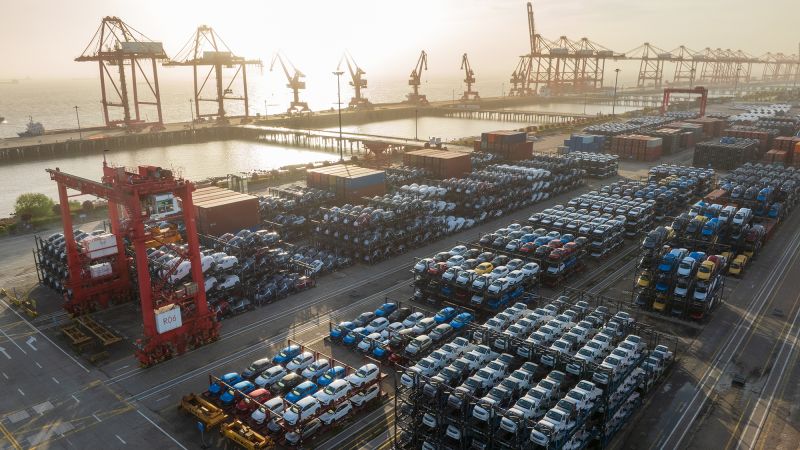Countries have a long history of imposing tariffs to protect domestic industries, but research shows that the economic effects are often not as beneficial as expected. The Biden administration recently announced new tariffs on Chinese exports, which are expected to have minimal impact on GDP, inflation, and monetary policy in the near term. However, economists predict that this move could lead to a prolonged period of economic conflict between the US and China.
The latest tariffs are an extension of former President Trump’s tariffs on Chinese exports in 2018 and 2019. Trump had promised even steeper tariffs, which economists believe would result in job losses and inflation. The economic impact of tariffs such as those imposed by Trump, George W. Bush, and Barack Obama have shown mixed results, with some leading to job losses and higher prices for consumers.
Despite the political appeal of tariffs, economists generally view them as a bad idea due to their negative impact on specialization and resource allocation. Tariffs increase costs for US distributors, retailers, and consumers, with importers bearing the full cost of the tariffs. Some businesses have even taken advantage of tariffs by raising prices further. Research has shown that the economic effects of tariffs have been at best neutral, with potential political benefits for the Republican party in tariff-protected regions.
The Covid-19 pandemic has disrupted supply chains and distorted the effects of tariffs on US manufacturing and trade. While imports from China have declined, imports from other countries such as South Korea, Singapore, Taiwan, and Vietnam have increased. Recent data suggests that China may be trying to bypass US tariffs by increasing imports to Mexico. Container shipping imports from China to Mexico have surged, indicating a shift in trade patterns.
Overall, the economic impact of tariffs is complex and the long-term effects remain uncertain. While some tariffs may have short-term benefits, they can lead to job losses, higher prices for consumers, and distortions in trade patterns. The Biden administration’s new tariffs on Chinese exports are expected to have minimal immediate impact on monetary policy, but could lead to a prolonged period of economic conflict between the US and China.













